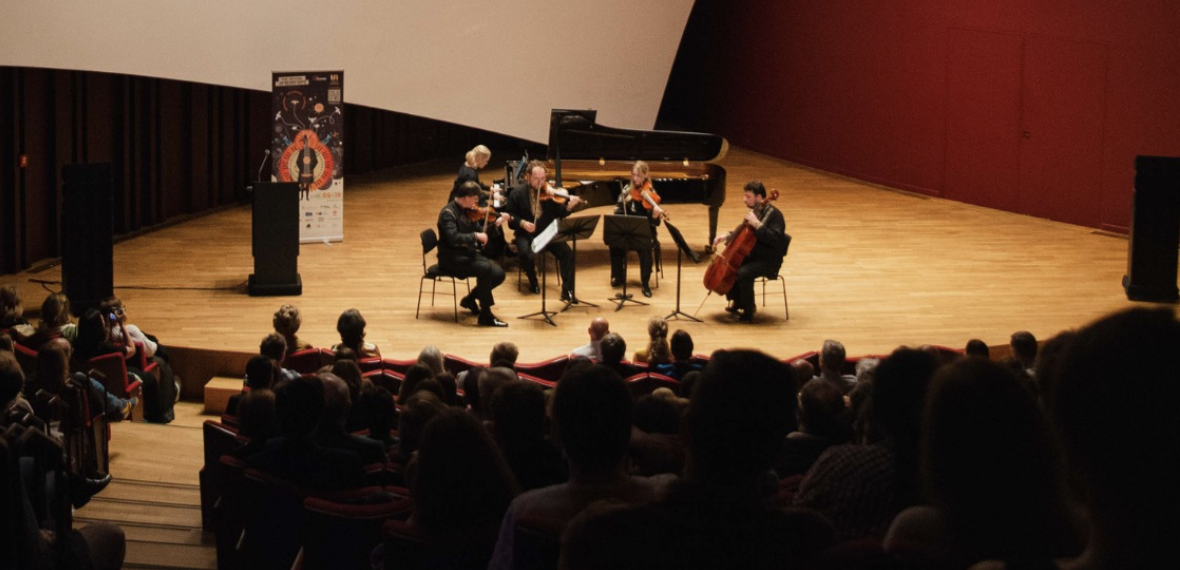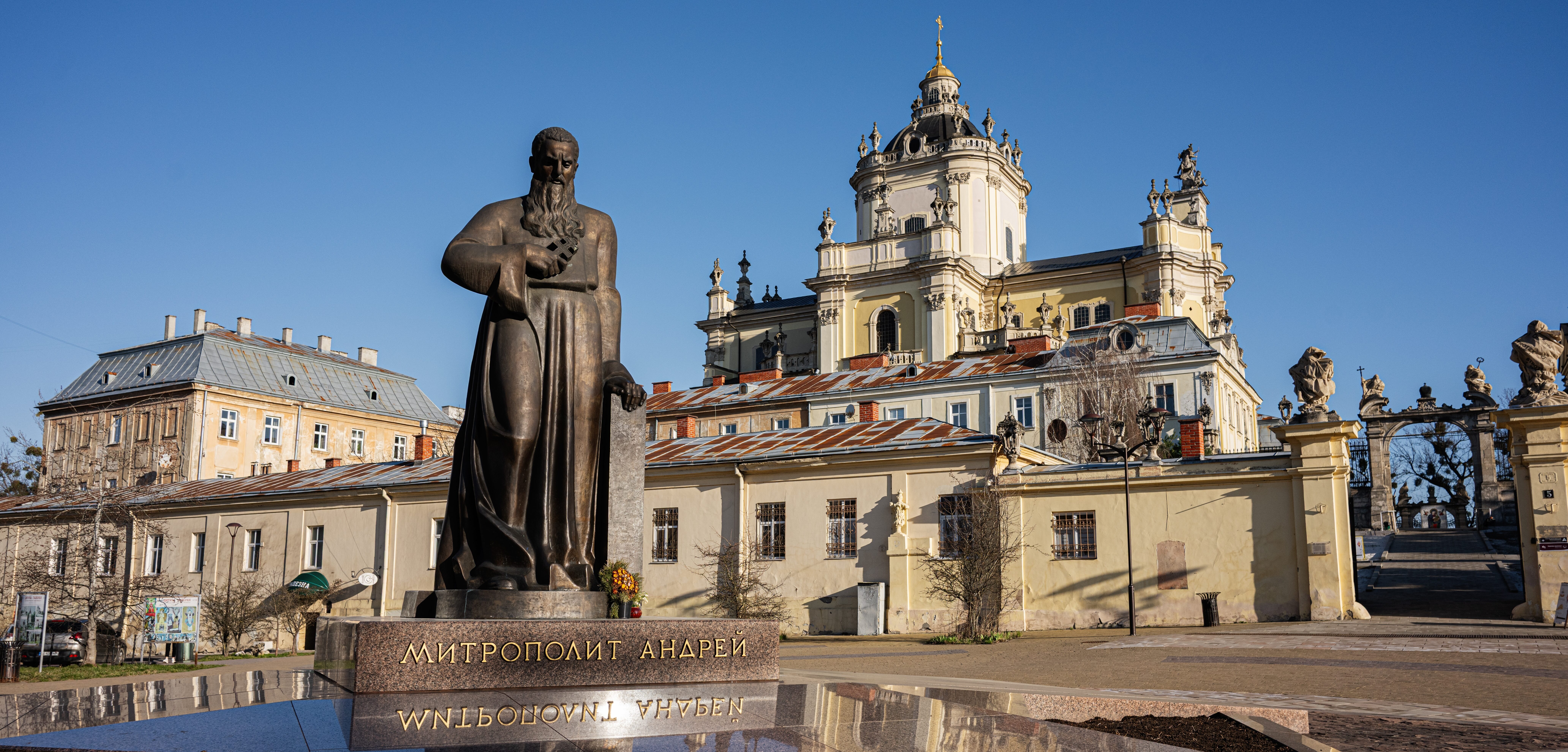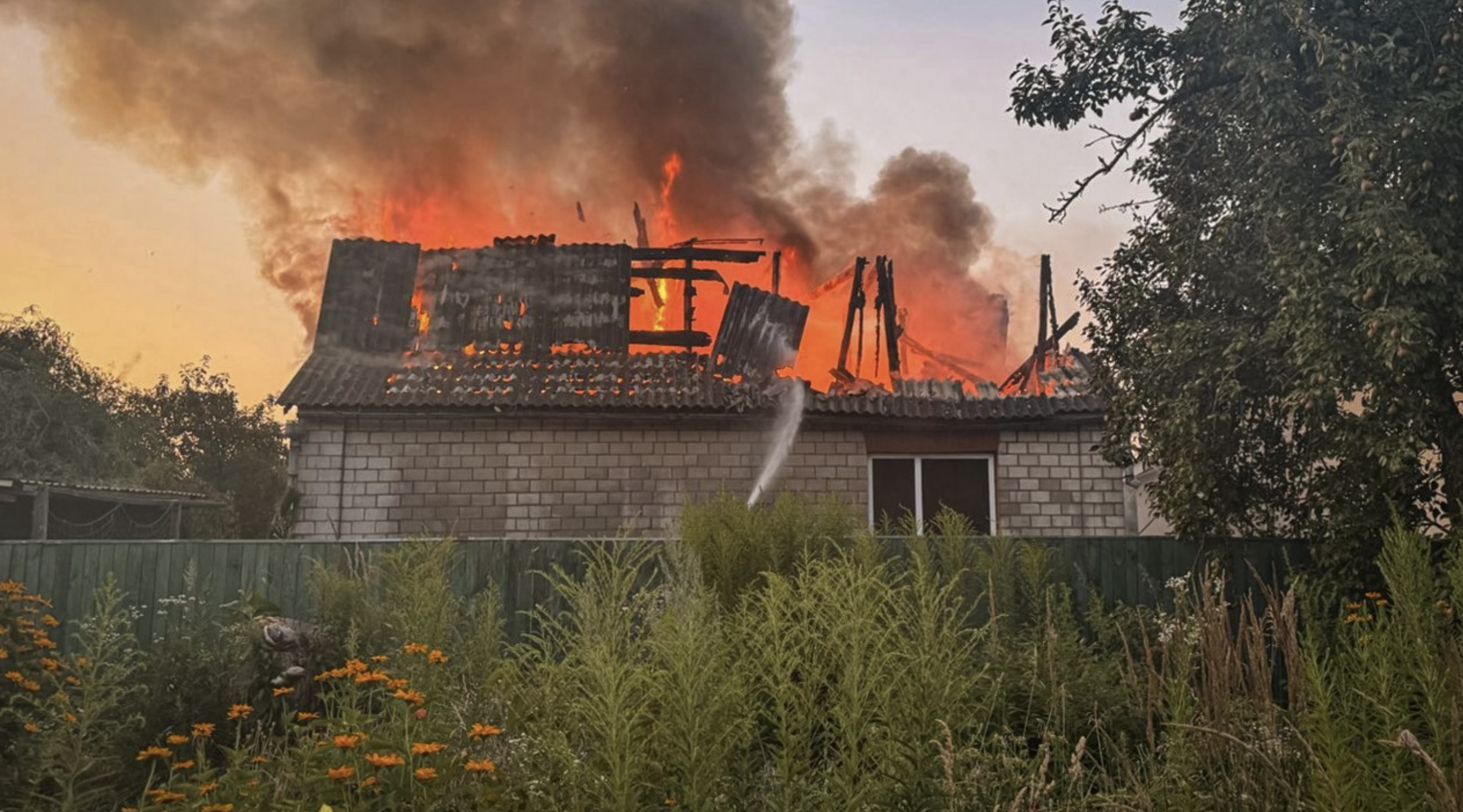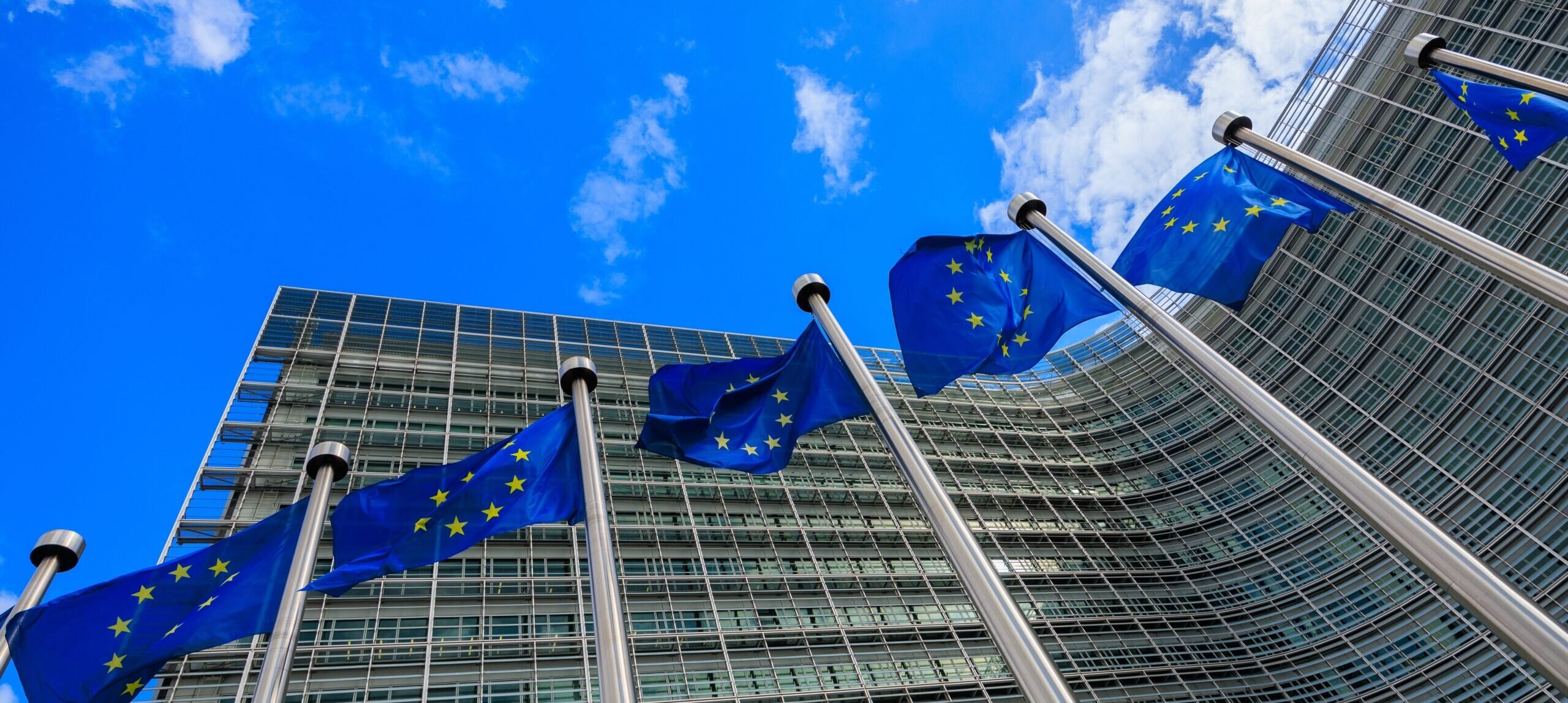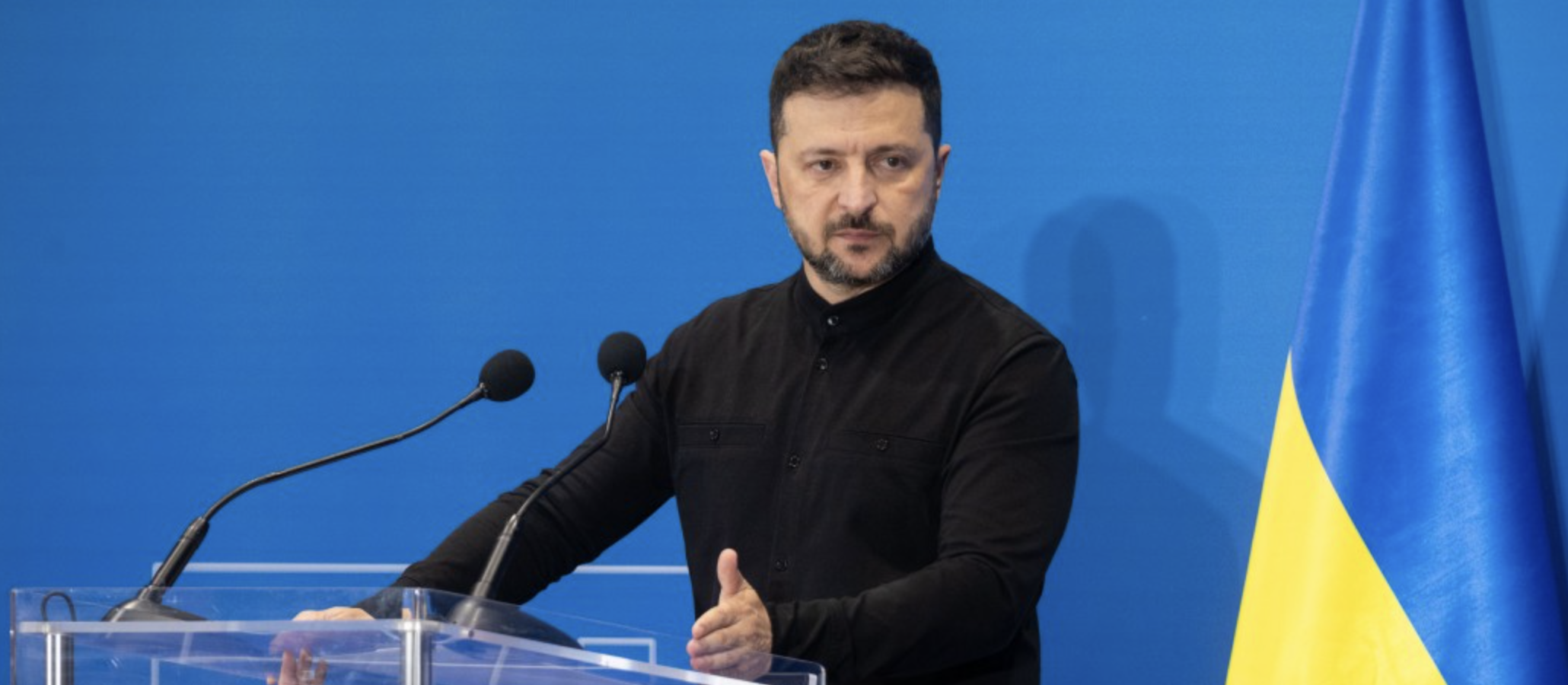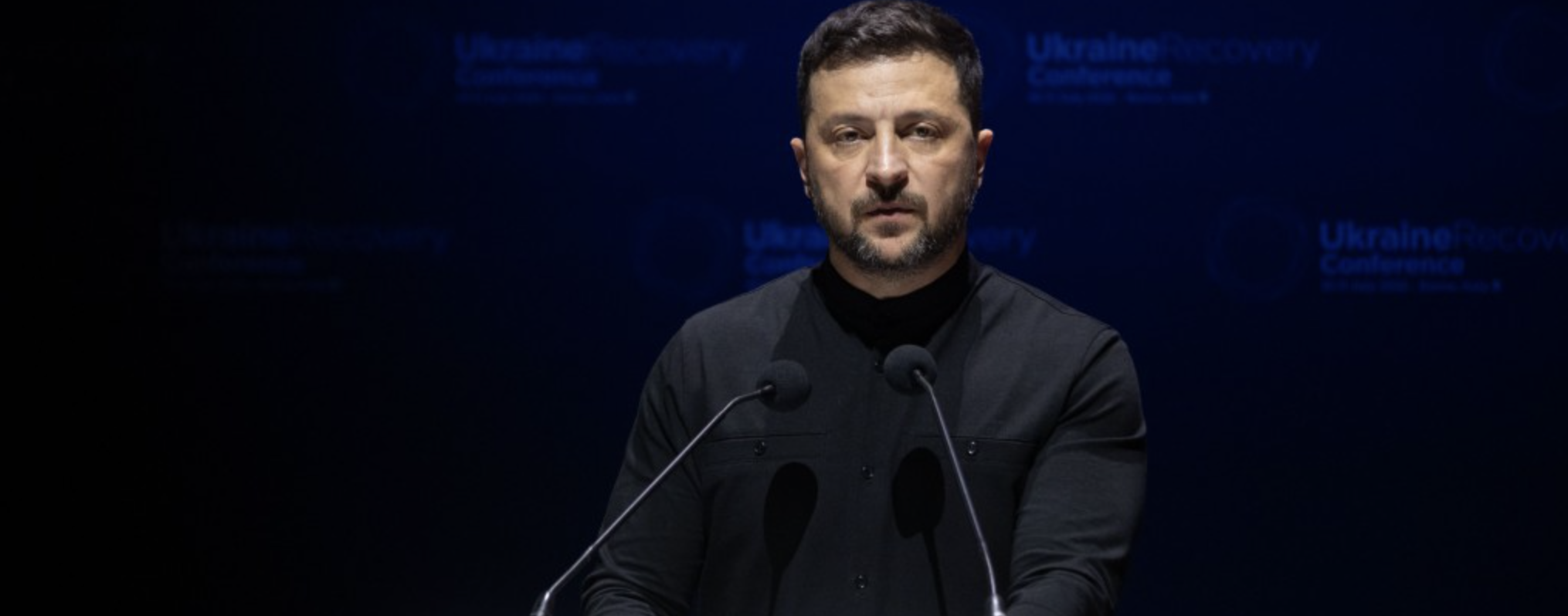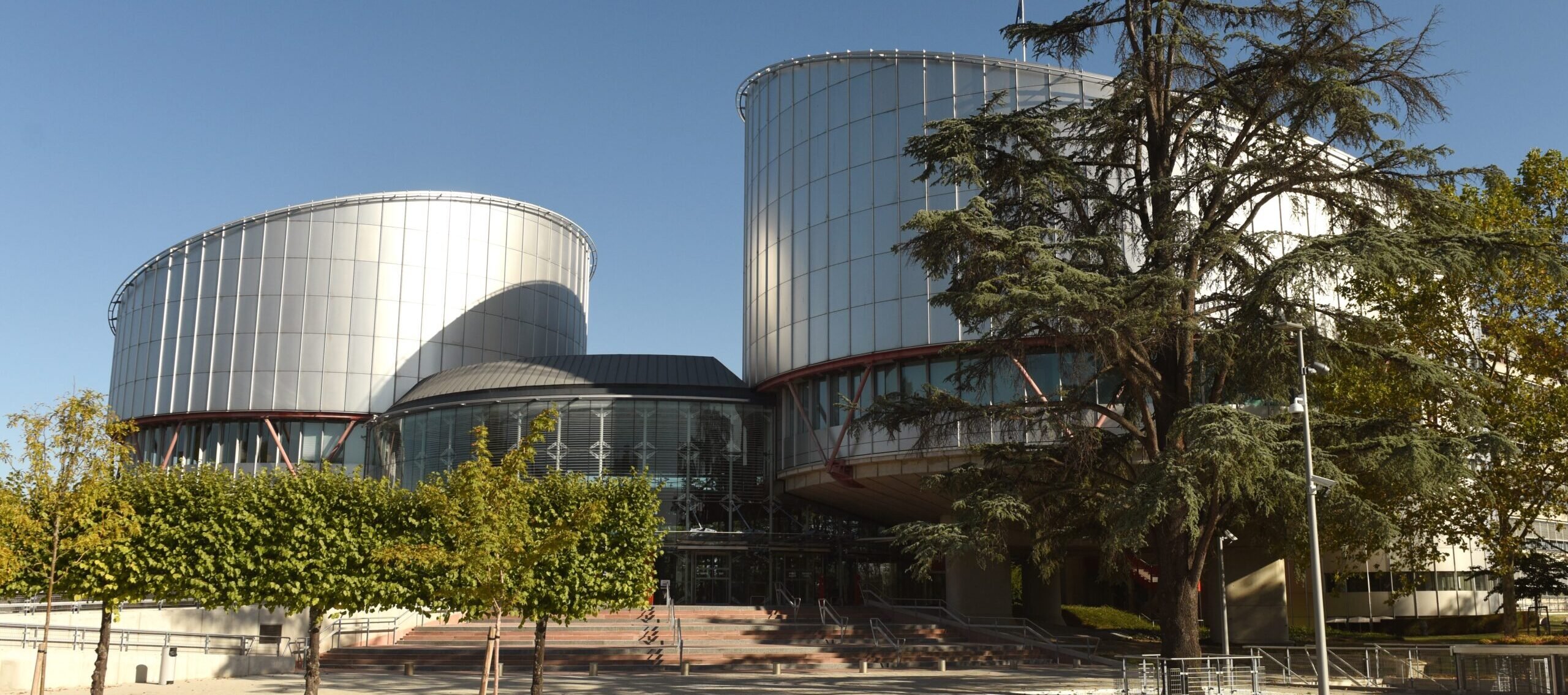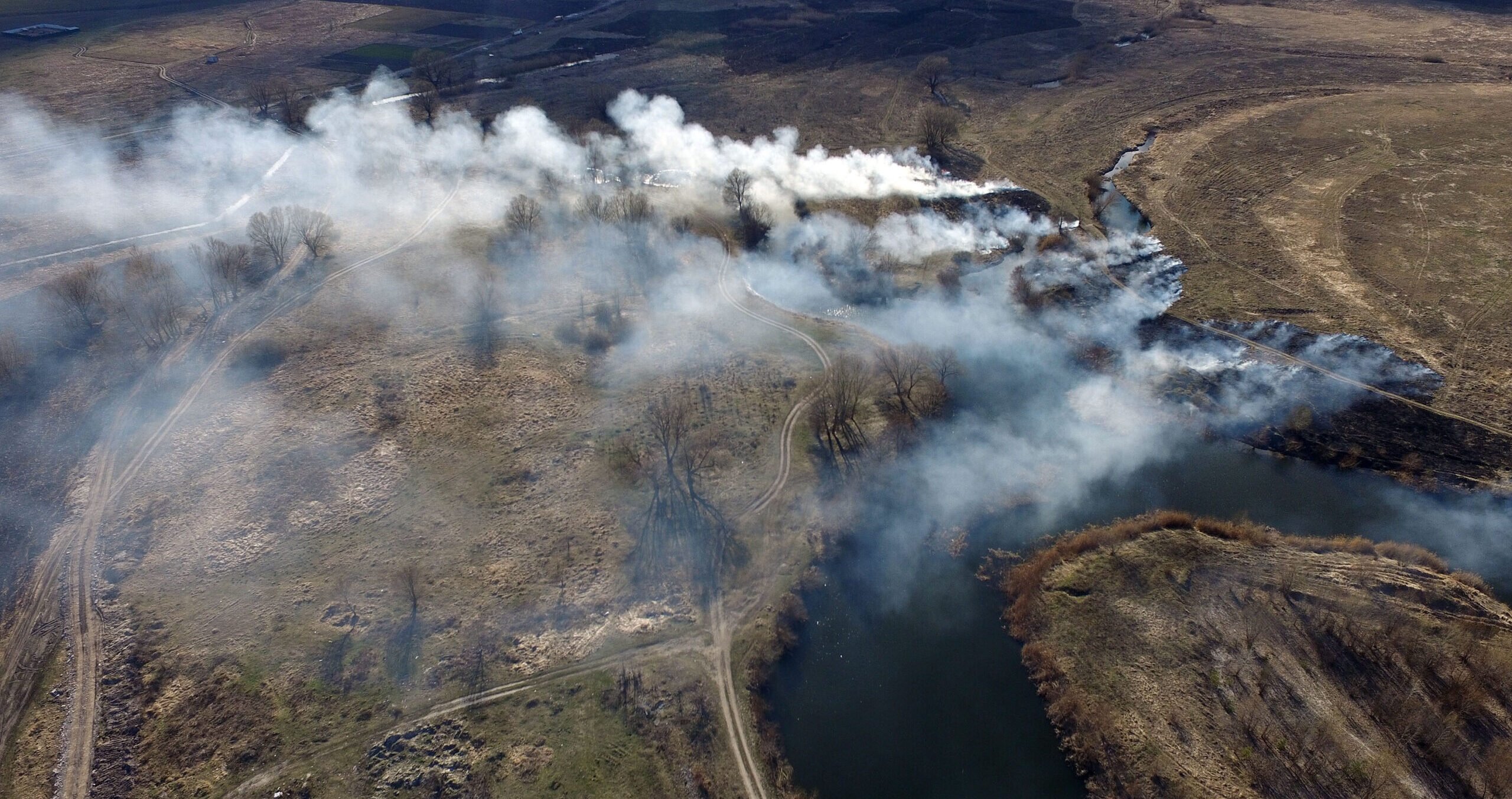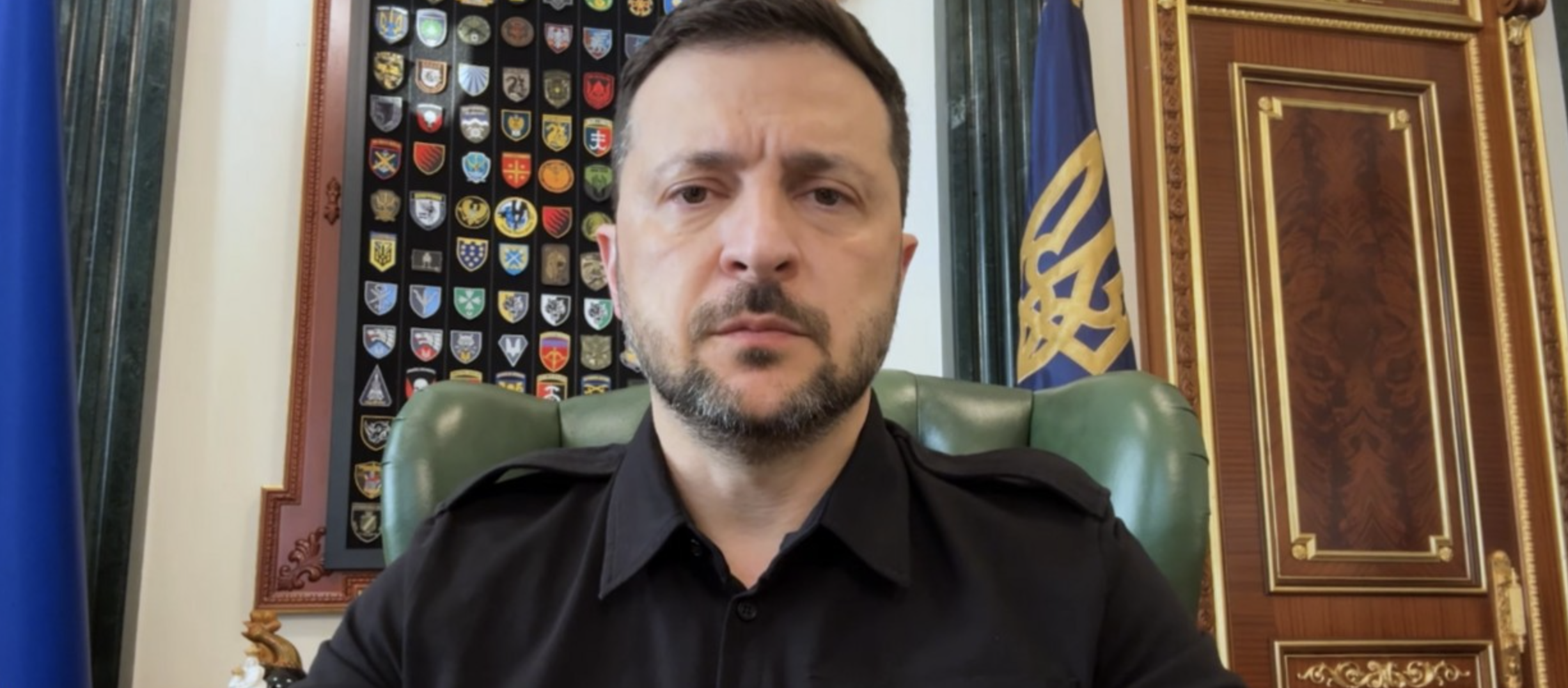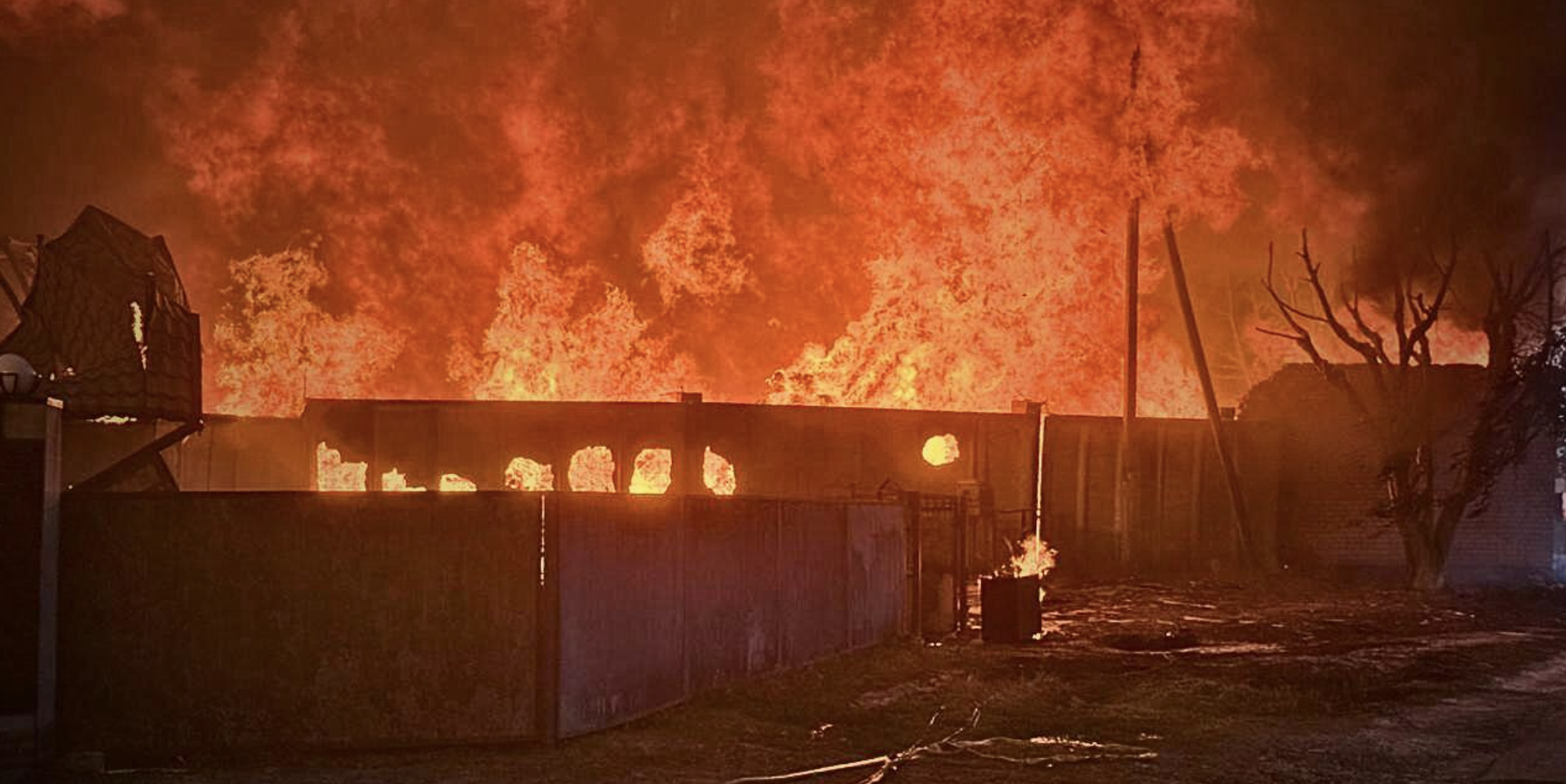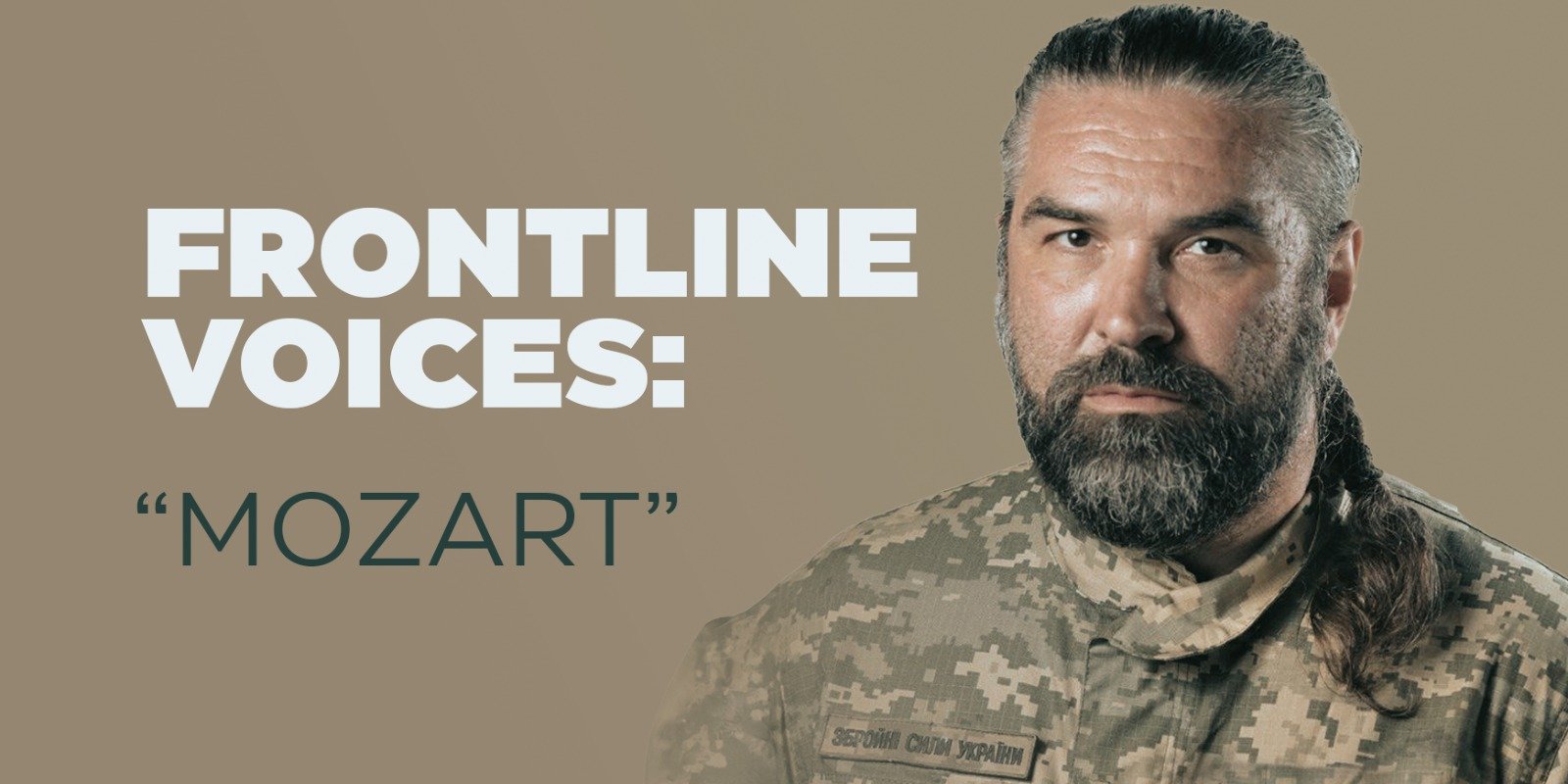
In today’s episode of the Frontline Voices – a series of interviews with Ukrainian defenders by the UWC Unite With Ukraine initiative – we spotlight a remarkable individual known as “Mozart.” Born in 1977 in Dnipro, “Mozart” navigated a path through military service, education in engineering, and eventually became a successful business owner. Before Russia’s full-scale invasion of Ukraine, Mozart was a theater actor. His life story unfolds from the stages of local theaters to the front lines of defense, illustrating a profound commitment to his country.
There have been noticeable changes in the Ukrainian army throughout the full-scale war. What changes are these? Has anything become better or worse?
The pace of change is relatively slow. Although the war and attitudes toward it have transformed, the leadership with Soviet roots remains unchanged. Such leaders must be replaced, which is supported by the facts. All battalion and brigade commanders who are 48-50 years old should be removed from their leadership positions. Unfortunately, they are stuck in the past, lacking originality and creativity in favor of following outdated standards. To succeed in war and avoid dying while pursuing victory, one must be crafty, creative, and able to work with others. Following textbooks to succeed will not be enough, especially regarding complex tactical actions.
What are the current relations between the leadership and ordinary soldiers? Please tell us more about this.
Relationships and individuals’ personalities greatly influence success in warfare. Within my unit, I have cultivated bonds that allow me to determine how to execute the tasks allotted to me autonomously. From the outset, I clarified that I would not blindly follow instructions. I am provided with the end goal; the methods of achieving it are my prerogative and need not concern the leadership. During my three years on the front line, I have consistently demonstrated that my approach is effective and successful.
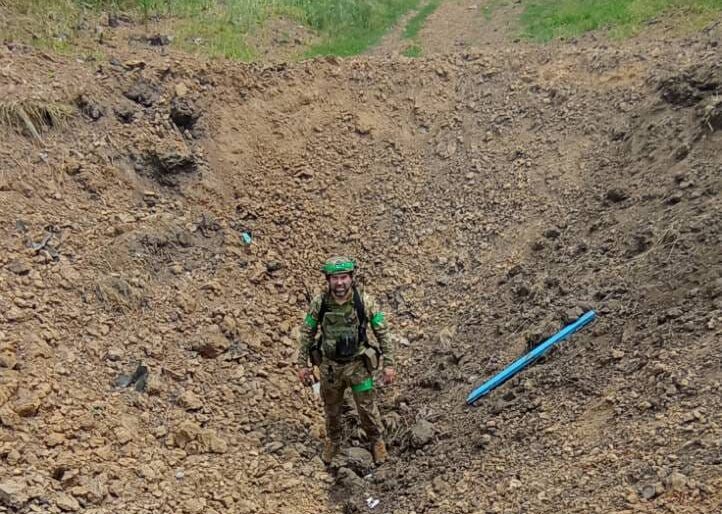
Please tell us how you generally assess the Ukrainian military’s support level from ordinary people and the diaspora. Are they doing enough for the Ukrainian army?
I can only speak for my unit, but our relations with the diaspora are really close, and this helps us significantly. As for other units, I am not aware of how the diaspora helps them, but we do feel the support. Similarly, regarding the civilian population of Ukraine, I only know this information from my unit and will not disseminate it.
However, support has noticeably decreased over the last 9-10 months. Previously, when I posted photos on Facebook, I could raise from 40 to 60 thousand hryvnias with just two posts. The last fundraiser I did about four weeks ago was also ordinary and aimed at repairing vehicles since our unit requires significant funds for effective operation. Unfortunately, this fundraiser collected only 4700 hryvnias in a week. War, like any business, needs investment to achieve results.
And what may this be related to? Why has people’s activity decreased?
I recently discovered that humans can adapt to even the most challenging conditions. During a vacation abroad on the beautiful island of Madeira, I was so captivated by the place that I even considered relocating there permanently. While traveling between Ukraine, Poland, and other locations, I came to understand that people are exhausted by the ongoing war. However, it’s important to point out that the diaspora remains very interested in supporting Ukraine, and this support is crucial. It demonstrates the importance of maintaining connections and collaborating during difficult times.
For example, the Ukrainian World Congress actively supports your unit. Can you give an example of something UWC provided that was useful to you? How has UWC’s help changed the situation for you?
I haven’t been able to keep track of the amount of items transferred to us as I’m constantly occupied with combat matters. However, the delivery of drones you mentioned arrived at a crucial time and in the required quantity, essential for maintaining our operational efficiency on the battlefield.
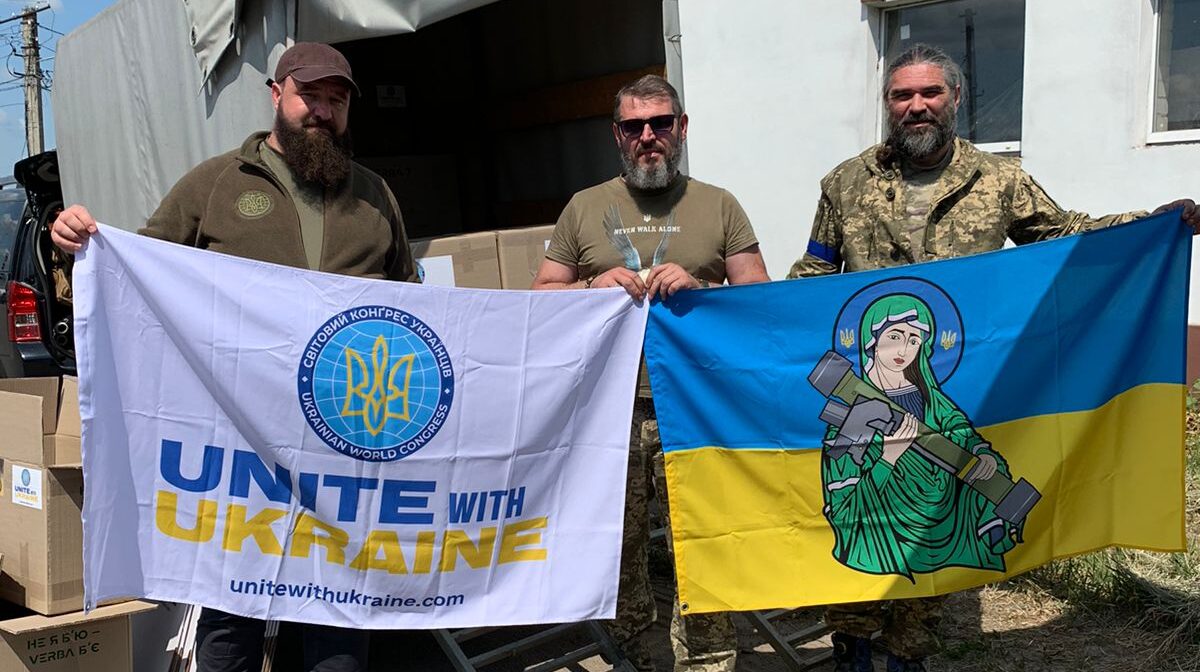
As someone directly involved in the defense of the Kharkiv region, how do you assess the current circumstances?
Unfortunately, corruption schemes still exist in Ukraine. If we had properly built the defense line, the Russians would not have come here. We have not built fortifications for 2.5 years or even ten years. Resources and materials are available, but there is potential misappropriation. It seems like some political game or exchange, and no command was given to build these fortifications.
If we continue the conversation about Kharkiv, why do you think the enemy has become more active in this direction? Why specifically Vovchansk?
It is technically convenient for the adversary. They aim to encircle Kharkiv in this manner, and then they will attempt to encircle the city and initiate negotiations. Vovchansk is currently a crucial logistics hub.
Are Russians as stupid as they seem? Do we evaluate them objectively?
I consider them intelligent, expert, and quick-learning creatures, although others may evaluate them differently. They learn incredibly fast and have different motivations than we do. While we have democracy, they have autocracy. It is relatively easy to manage an army in an autocracy.
They have units that shoot at retreaters, follow them, and prevent retreat. Some services systematically suppress soldiers, and they have a large number of soldiers. Contrary to the media’s portrayal, they are not unintelligent. They have a lot of people and are quite smart.
Read the continuation of the interview on the Unite With Ukraine website.
